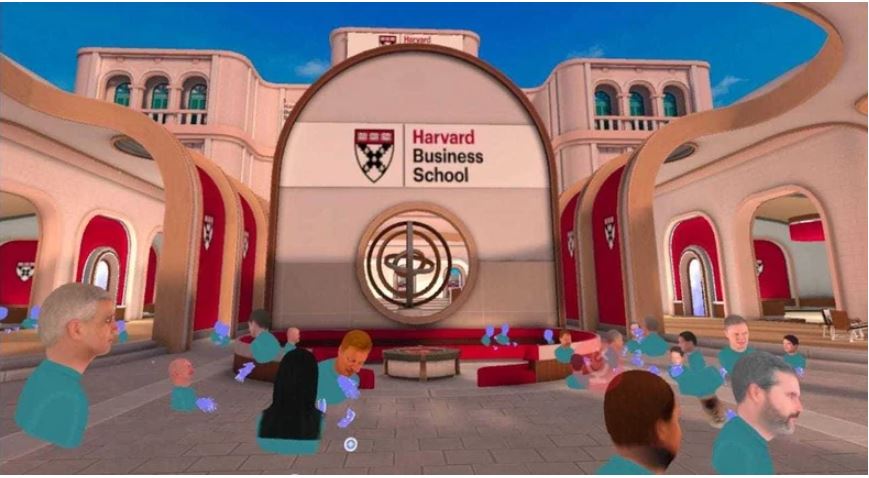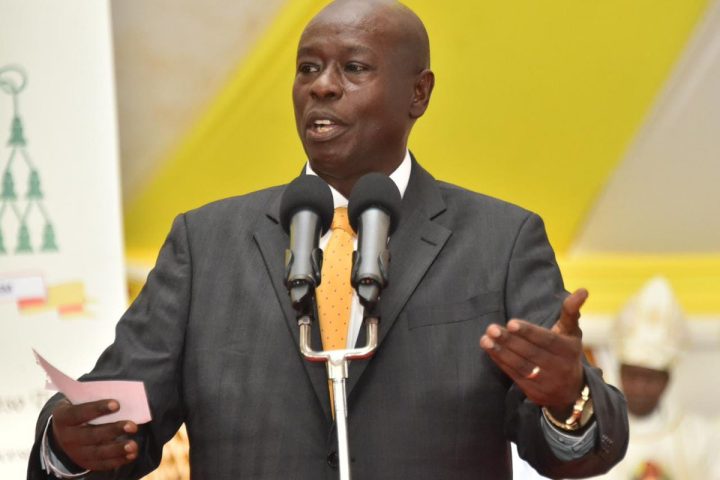Some Harvard alumni have proven that the metaverse, a shared virtual space that people can access via avatars, has many uses.
Join our WhatsApp ChannelInterestingly, Harvard Business School’s Advanced Management Program class of 2017 settled on a different venue to host their annual class reunion: the metaverse.
Note that virtual real estate markets, shopping, and working are all key components of these domains. But perhaps no use case is more potent than the simplest — getting together with your friends or colleagues.
The chief organizer of the virtual event and Harvard alumnus, Sean West, said it saved time, money, and avoided jet-lag.
According to West, “When the alumni sat down to plan the event in December 2021, travel restrictions and a surging Omicron variant of COVID-19 meant it wasn’t clear when the class of 2017 would next get the chance to see each other in person.”
“Not keen on a mass video call, and used to meeting up a couple of times a year, West decided that a metaverse-based event would enable them to recreate the feeling of being in-person,” the organiser explained.
Asked how the virtual reality (VR) took place, West explained that 90 people from 28 countries were simply emailed donned Oculus Quest headsets which enabled them all to ‘come’ to the event. They all watched their former professor, Ranjay Gulati, give a speech about his new book, before heading to a virtual plaza for a catch up.
The trailblazer organiser said: “During the event the class split into two groups of 45, and spent half an hour each with Gulati, before moving into a “digital plaza” to mingle.
“On a Zoom call, if you want to take people aside to talk to you one on one, it’s exclusionary, I have to create a break out room and tell you to join me,” West said.
“In VR we just hopped onto the plaza, you’re out of earshot of everyone else. It’s like in real life,” he added.
For West, a Harvard reunion usually comes with the “serious time cost” of an eight-hour-long flight each way from London, jet lag, and then a very packed three or four day agenda.
He said, the metaverse event only took about 90 minutes in total.
The organiser further enthused: “Nobody had to miss work. Nobody got stuck because they couldn’t get a visa. “No COVID.”
The concept of the metaverse isn’t new and remains fairly vague, but it is generally viewed as the future of the internet where people will use virtual reality and digital avatars.
Critics argue it is overhyped and worry that a fully immersive digital world could “fracture reality,” leaving users open to exploitation for their data, or by other users.
Proponents like West, however, believe the metaverse has the potential to transform how people shop, rave, bank, find a job, and even buy property.
In a post-COVID world, it is the tech’s ability to bring people together, in a way that feels like they’re in person, where the metaverse has the most immediate potential. It has the added bonus of cutting down on costs and travel time.


















Follow Us